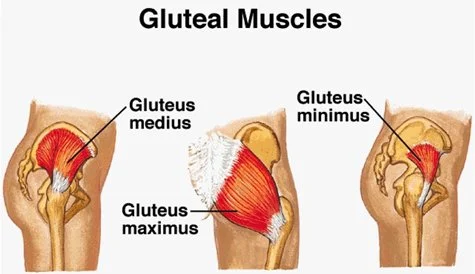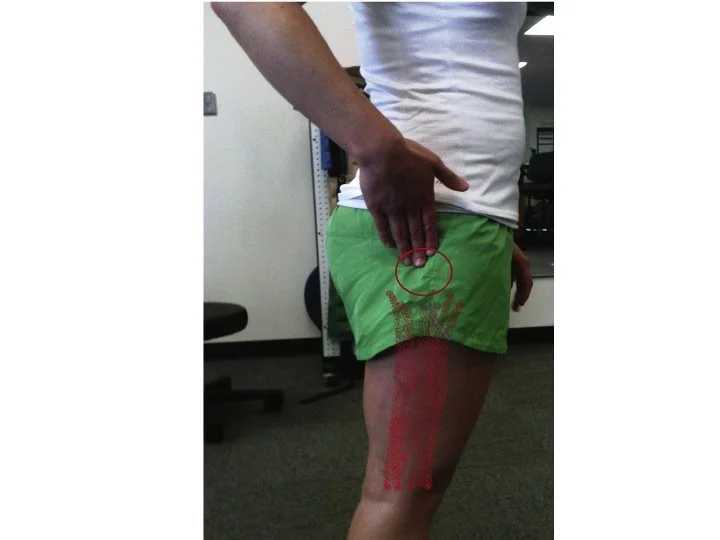Gluteus Medius Tendinopathy.
Lateral hip pain (pain on the outside of the hip) is one of the most common presentations we see at Goolwa Physio. There are many different causes of lateral hip pain but one of the most common causes is Gluteus Medius Tendinopathy (GMT).
Signs of GMT include:
Pain on the outside of the hip which is worse during activities that compress the tendon, such as running, climbing stairs and getting in and out of a car
Pain at night when sleeping on that side of the hip
Aching at the side of the hip that may refer down the outside of the thigh to the knee
Pain sitting with legs crossed
Difficulty coping with normal activity or training even if the pain only occurs after and not during the activity
GMT occurs when the glute med tendon becomes degenerative and cannot cope with loading like it once did. The gluteus medius tendon is a deep hip muscle that attaches into the lateral aspect of the hip and helps to stabilize the hip joint and control hip motion. Over time this tendon can degenerate resulting in pain and discomfort. GMT can also occur in conjunction with inflammation of the underlying bursa. A bursa is a fluid filled sac that helps the tendon glide over bone. When the gluteus medius tendon becomes degenerative it can cause friction of the underlying bursa, leading to irritation and inflammation. This then contributes to the pain experienced.
Factors which can cause the gluteus medius tendon to become degenerative include:
Poor hip biomechanics leading to sub-optimal loading through the tendon
Repetitive micro tears of the tendon secondary to high impact activity (such as running)
A sudden increase in physical activity which overloads the tendon.
Tight structures around the hip such as the hip flexors, hamstrings and ITB causing a biomechanical insufficiency and increased strain on the tendon
Middle aged women are more susceptible due to a naturally increased angle between the hip and knee, therefore increasing the load on the tendon
Menopause due to changes in estrogen levels which affect tendon health
The great thing is that even though the tendon is not 100% healthy in GMT, with correct management it can get better! The first stage of management is decompressing the tendon to reduce irritation and load through the tendon attachment and underlying bursa. Decompressive strategies include:
Sleeping on the non-painful side with a pillow between the knees
Avoiding walking up hills and stairs
Avoid high impact activities such as running and jumping
Sitting with knees straight in front of hips, not with legs crossed!
The length of time these decompressive strategies need to be followed will depend on the severity of the pain and the length of time the person has had symptoms for. The second stage of management includes the prescription of appropriate exercises to teach the tendon to cope with load more effectively. Physiotherapy treatment like massage, manual therapy at the hip joint and hydrotherapy can also be useful.
For further information on physiotherapy management for GMT, give us a call or click the book online button to make an appointment.



